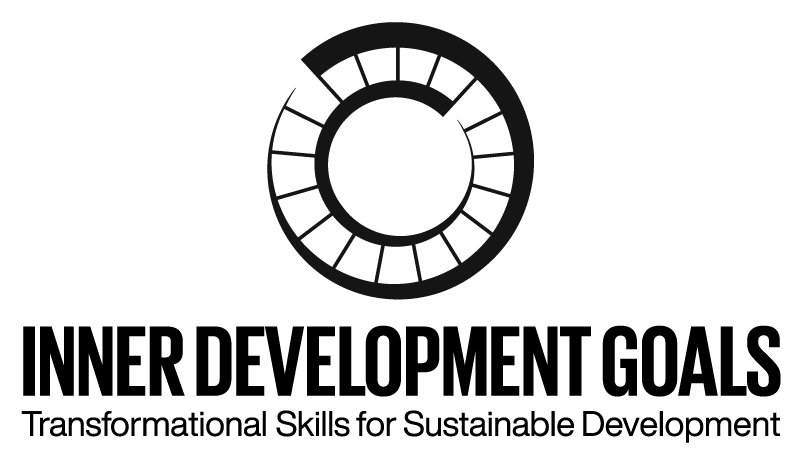The general framing
The starting point for this initiative was a belief that there is a blind spot in our efforts to create a sustainable global society. We have accumulated much knowledge about environmental problems, climate change, poverty, public health, various social ills, etc. In UN’s Agenda 2030 goals and targets have been formulated for 17 critically important areas relating to sustainability. We know a lot about conditions and causes, and there is also a lot of knowledge and ideas about what could and ought to be done. We have a vision of what needs to happen, but progress along this vision has been disappointing.
The initiators of the IDG project (see below) were motivated by a belief that what has been largely missing is a keen insight into what abilities, qualities or skills we need to foster among those individuals, groups and organizations that play crucial roles in working to fulfill the visions. The argument is that we talk far more about what ought to be done to resolve the problems out in the world, than we talk about how to build skillfulness among the actors who are in a position to make the visions happen.
When facing challenging tasks, there is a need for a range of cognitive and emotional skills and other qualities that go beyond what most people normally learn in schools and higher education. We believe that significant knowledge and insight has accumulated over the years about what these skills and qualities are and how they evolve, in several research fields, such as adult learning and development and in the study of strategic leadership regarding complex issues, such as sustainability studies.
The purpose of the Inner Development Goals project is to draw attention to the need to support development of abilities, skills and other inner qualities for people and organizations involved in efforts to contribute to a more sustainable global society. By having a framework that is easy to grasp and that describes those skills and qualities, we hope to mobilize a broader engagement and effort among organizations, companies and institutions to significantly increase the investments in efforts to develop crucial skills and qualities.
In other words the Inner Development Goals project works to identify, popularize and support the development of relevant abilities, skills and qualities for inner growth, through consciously supportive organizations, companies and institutions, to better address the global challenges.
The aim of the first phase of this endeavor has been (and still is) limited to making an inventory of what such crucial abilities, qualities and skills are perceived to be and create a framework that clearly articulates these in ways we can reach a high level of agreement about.
We wanted to draw on different types of knowledge, experience and insight in order to have a comprehensive basis for the inventory. In particular we wanted to consult both practitioners involved in actually working with sustainability issues, as well as researchers with many years of experience in researching and theorizing about adult skills and maturity, with specific reference to management of complex tasks. Practitioners – such as sustainability managers in companies, governmental organizations and NGOs, HR managers, activists, leadership development trainers and consultants – can be expected to have a lot of experience with the challenges encountered in working with complex sustainability issues, but are not necessarily able to describe in detail what the needed skills are and how they can be scaffolded2 . Researchers in adult development and leadership (for example) can be expected to have well-grounded ways of unpacking in detail a broad range of skills and qualities, and the patterns in how these develop. But on the other hand, researchers may have limited insights into what real-life challenges and dilemmas practitioners encounter, and what particular skills and qualities are helpful in navigating a complex context.
Resources
Presentationdate
November 21, 2022

